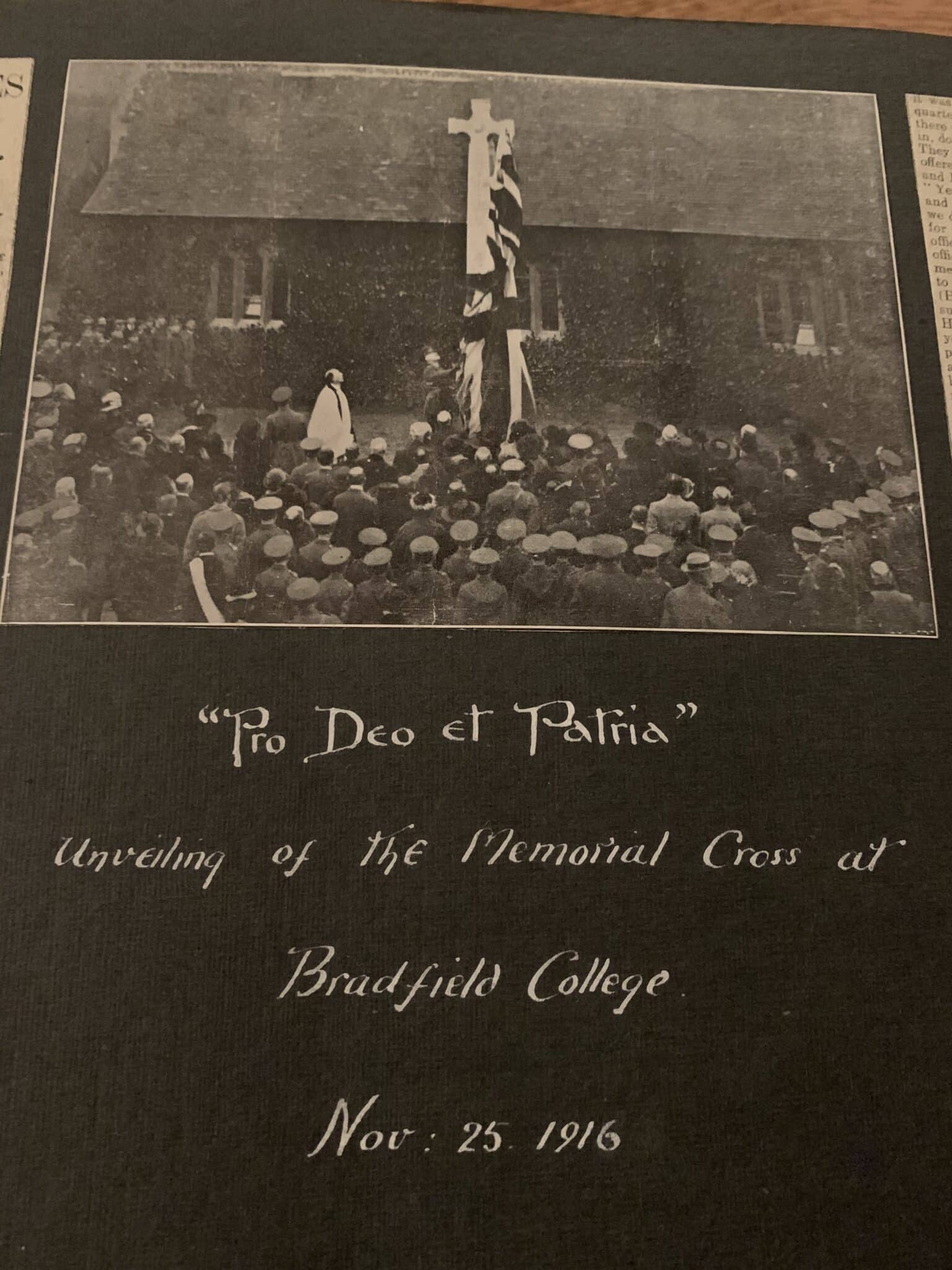There were further developments after World War I. In July 1917, more than a year before the end of hostilities, a general meeting of Old Bradfieldians began an appeal to fund ‘a Memorial of the Great War and a tribute to the memory of the fallen’. A Circular was issued, resolving that ‘the first object of the Fund was to found Scholarships for the sons of past members of the School who has fallen in the War’ and, in October 1921, Council formally resolved that it would ‘undertake the duty of providing Scholarships per the terms of the Circular’. In consequence, with pupil numbers averaging about 350 during the 1920s, it was taken as an absolute that any sons of those killed would receive significant financial assistance and this would be given in addition to the support the College was statutorily required to give the seventeen boys educated without charge (and the two exhibitioners educated at half cost).
When the Second World War ended, education in England was changed beyond recognition. The 1944 Education Act established free county grammar schools and in 1947 secondary education was required for all children up to their fifteenth birthday. By then, the College Statutes were almost a hundred years old and, in 1956, their reform was overdue. The eventual overhaul was substantial and provision for the non-discretionary support of pupils became less generous: 20 provided for Foundation Scholarships of ‘not less than £100 p.a. about £3130 p.a. in today’s money; 21 specified Exhibitions valued at no less than £30 p.a. The old requirement for a Simonds Scholar, ‘either fatherless or the son of some poor gentleman or clergyman’, was sustained but the level of support reduced to £100 p.a. and the associated Simmonds Exhibitions dropped in value to £30 p.a.




